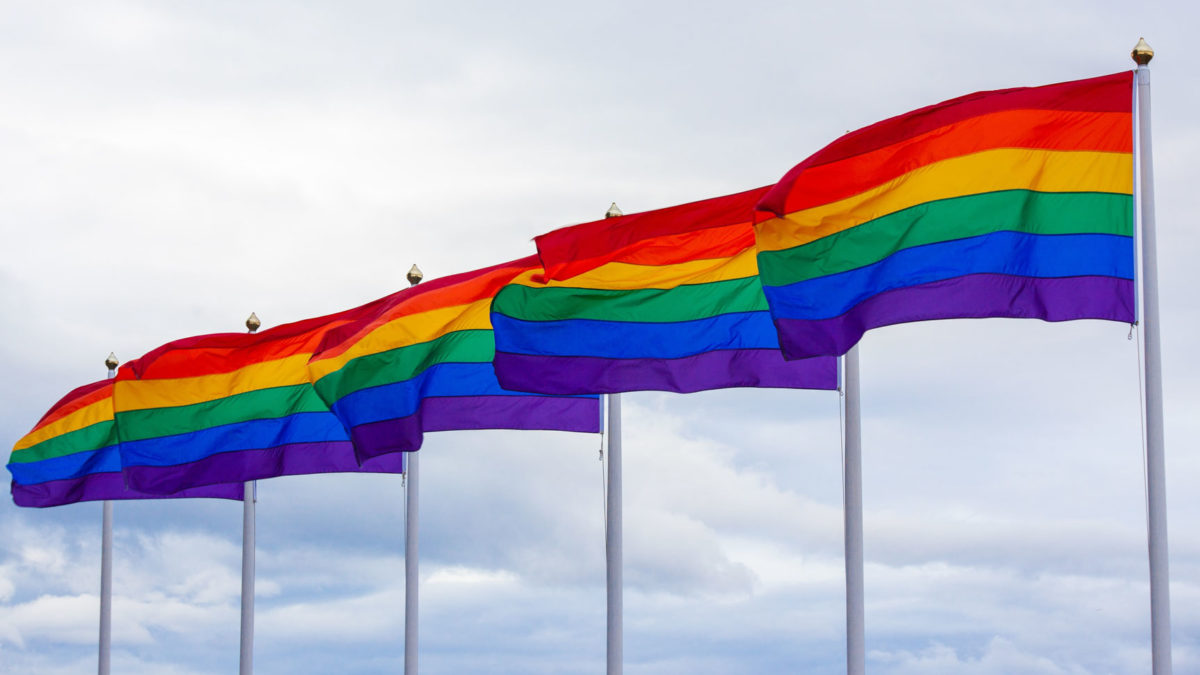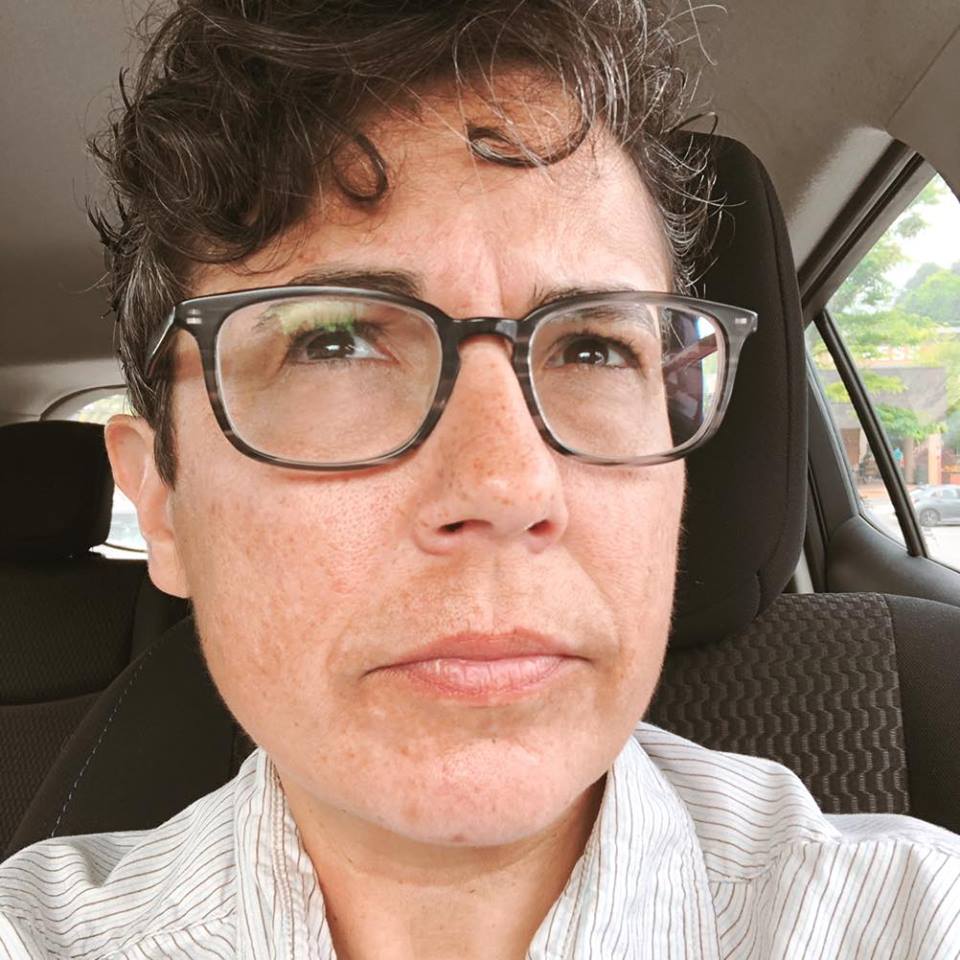Numerous national advocacy groups say the recently introduced federal “Fairness for All Act” bill is “anything but fair” to LGBTQ+ people. They argue the bill would undermine existing civil rights protections while also allowing religious institutions and wedding vendors a “license to discriminate” based on a person’s sexual orientation and gender identity.
U.S. Rep. Chris Stewart (R-Utah) introduced the Fairness for All Act last week saying he wanted to bridge the gap between LGBTQ+ activists and socially conservative religious activists. The groups are locked in years-long battles over how to federally protect LGBTQ+ people from discrimination but also allow businesses refuse to serve people due to private religious beliefs.
“[The legislation] harmonizes religious freedom and LGBT rights by amending the Civil Rights Act, protecting religious freedom in the workplace, protecting the rights of LGBT individuals, and preserving First amendment rights,” Stewart said in a Dec. 6 press release.
But the Fairness for All Act permits anti-LGBTQ+ discrimination from religious institutions and small-business wedding vendors, according to a report in the Washington Blade.
This kind of workaround bill to allow discrimination by certain groups based on their religious beliefs is “deeply dangerous” because it would “erode protections that already exist for people based on race, sex and religion, rolling back protections that have been on the books for decades,” according to a letter signed by numerous LGBTQ+ and ally groups, such as the Human Rights Campaign, Lambda Legal, the ACLU and the NAACP.
“The ‘Fairness for All’ Act is anything but fair, and it certainly does not serve all of us,” according to the letter. “It would expand the number of places and situations in which lawful discrimination could occur.”
The Fairness for All Act is seen as an alternative to the Equality Act, legislation approved by the House in May under the Democratic majority and including five Republican votes, according to the Washington Blade.
“Much like the Equality Act, the Fairness for All Act would make anti-LGBT discrimination against federal law, but it would also institute an accommodation for institutions like religious organization and small-business wedding vendors,” according to the Washington Blade.
“But in contrast to the Equality Act, the Fairness for All Act would preserve Religious Freedom Restoration Act and protect the tax-exempt status of religious colleges and universities that oppose same-sex marriage, such as Brigham Young University, Bethel University and Catholic University,” according to the Washington Blade.
“The Fairness for All Act would also extend protections to small business whose owners refuse to provide services to same-sex weddings based on religious objections. Among them is Jack Phillips, the owner of Masterpiece Cakeshop, who gained notoriety when his case reached the Supreme Court and justices ruled narrowly in his favor based on the facts of the case,” the Washington Blade reported.
Stewart said in his announcement of the bill that the Fairness for All Act “protects religious adoption and foster care agencies so they can continue to serve vulnerable children and willing couples, while at the same time ensuring the ability of LGBT persons to adopt and foster children too.
“Putting the interests of needy children first, the FFA Act expands adoption and foster care by including all qualified potential parents,” according to Stewart.
The national LGBTQ+ groups and ally groups, however, say the proposed bill “is an affront to existing civil rights protections that protect people on the basis of race, sex, and religion and creates new, substandard protections for LGBTQ people with massive loopholes and carve-outs, and upends critical federal programs that serve children in need.”
“Our nation’s existing civil rights framework already strikes the right balance when it comes to the government’s interest in protecting religious freedom and advancing nondiscrimination, and it is wrong to put into law a different system of protections for LGBTQ people and their families,” the letter states.































